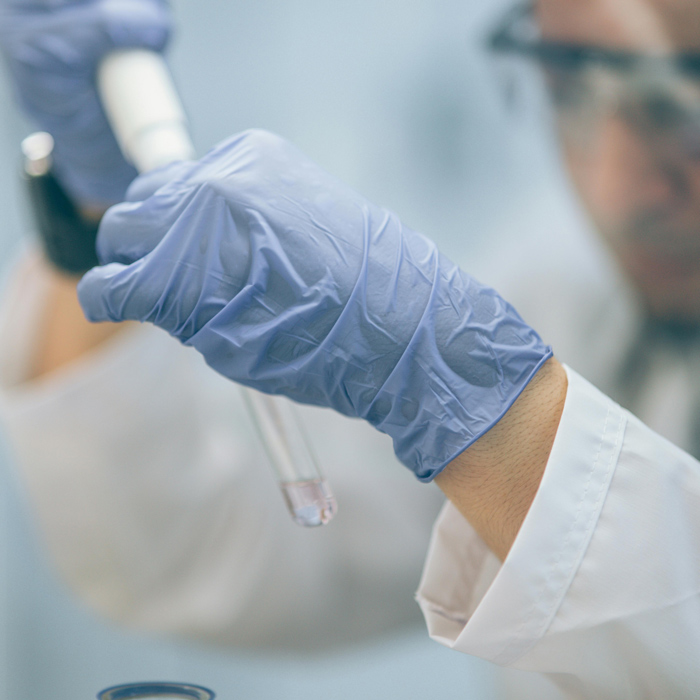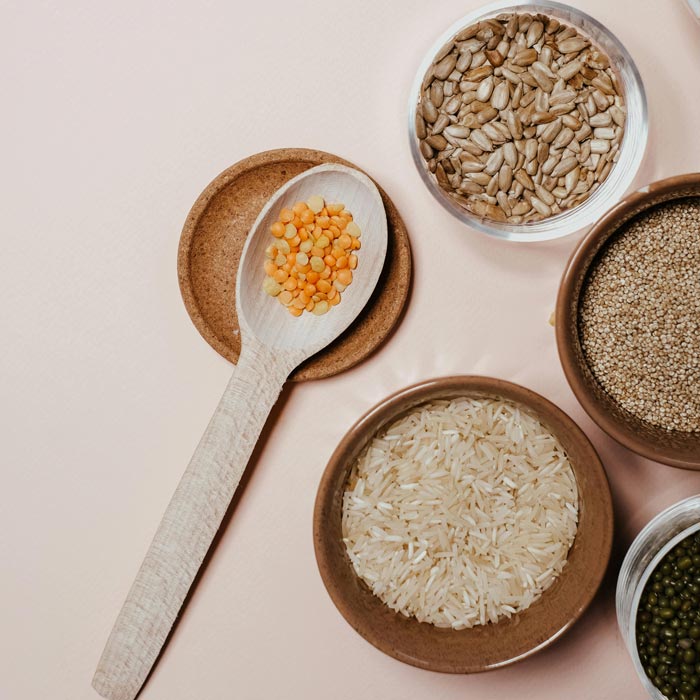How to Increase Milk Supply During Breastfeeding
Breastfeeding is one of the most natural and important ways for mothers to provide nourishment for their babies. It has countless benefits, from helping protect babies against a range of illnesses and diseases, to providing vital nutrients that are essential for their development. However, during breastfeeding it’s not uncommon for some mothers to experience low milk supply. In this blog post, we’ll provide you with tips and advice to help increase your milk production during breastfeeding so that you can ensure your baby has enough nourishment.
[ruby_related heading=”More Read” total=5 layout=1 offset=5]
Causes of Low Milk Supply
There are many causes of low milk supply, but some of the most common ones include: hormonal imbalances, stress and fatigue, medical conditions such as endometriosis or a thyroid disorder, medications, poor nutrition and dehydration. Other factors include lack of stimulation to the breasts or incorrect latching technique, which can prevent your baby from draining your breast efficiently.

Signs of Low Milk Supply
Baby’s Weight & Urination
One of the most common signs of low milk supply is that your baby’s weight gain isn’t as consistent or regular as it should be. If you regularly check your baby’s weight and notice a drop in their weight compared to previous checkups, it may be a sign that they aren’t getting enough nutrition from breastfeeding.
Frequency of Feedings & Unsatisfied after Feedings
Another sign of low milk production is that your baby isn’t as eager to nurse or they seem unsatisfied after feedings. If your baby has been wanting to eat more often than usual, and still seems hungry after a feeding session, it could be a sign that you need to increase your milk supply.
Not Gaining Weight and/or Slow Weight Gain
If your baby is not gaining weight or if they are having slow weight gain, it could be a sign that they are not getting enough milk from breastfeeding. This should always be looked into by a healthcare professional as soon as possible to ensure that the baby is being adequately nourished.
Natural Methods to Boost Milk Supply
Fortunately, there are many natural methods that can help to boost milk supply during breastfeeding. It’s important to remember that it will take time and patience for these methods to work – some mothers may notice a difference within a few days, while others may not see results for weeks.
Eat a balanced diet
Eating a balanced diet is one of the most important steps to take in order to ensure your body has all the necessary nutrients and vitamins it needs for milk production. Eating foods that are high in protein and calcium, such as lean meats, eggs, leafy greens, nuts, legumes, and dairy products can help give your body the nutrition it needs for producing milk.
Increase your fluid intake
Drinking plenty of fluids throughout the day is also essential for maintaining a healthy milk supply. Staying hydrated helps to keep your body’s hormones in balance, which can help promote better lactation. Ensuring you drink at least 8 cups of fluids per day can go a long way in helping you maintain a good milk supply.
Get plenty of rest and relaxation
Getting enough rest and taking the time to relax are also important for ensuring your body has enough energy for milk production. Taking the time to take a nap or just relax for a few minutes can make all the difference in helping your body produce enough milk.
Breastfeed frequently & for longer durations (if possible)
Frequent and longer breastfeeding sessions can also help to increase your milk supply. Make sure to nurse as often as possible and for however long your baby needs in order to signal to your body that more milk is needed. This will help ensure that there is a steady flow of milk and helps keep your body’s hormones in balance.
When to Talk to a Healthcare Professional
Despite the natural methods you may take to increase your milk production, if your baby is still having insufficient nutrition from breastfeeding, then it’s important to reach out to a healthcare professional for further advice. Your doctor can provide you with more information about how to boost your milk supply and other ways to ensure that your baby has enough nourishment.
In conclusion, increasing your milk supply during breastfeeding is important in order to ensure that your baby has enough nutrition. Taking natural steps such as eating a balanced diet, drinking plenty of fluids, getting rest and relaxation, and frequent and longer duration breastfeeding sessions can help you increase your milk production. However, if these methods do not seem to be helping, then it’s important to talk to a healthcare professional for further advice. With the right knowledge and tools, mothers can have confidence that their baby is getting the nourishment they need during breastfeeding.
FAQ
Q: What are some signs of low milk supply?
A: Some common signs of low milk production include your baby not appearing to be satisfied after feedings, wanting to eat more often than usual, and/or slow weight gain.
Q: What are some natural methods for boosting milk production?
A: Eating a balanced diet that’s high in protein and calcium can help promote better lactation. Increasing fluid intake, getting plenty of rest and relaxation, and frequent and longer duration breastfeeding sessions can all go a long way in helping you increase milk supply.
Q: When should I talk to a healthcare professional about increasing my milk production?
A: If the natural methods you take do not seem to be helping and your baby is still having insufficient nutrition from breastfeeding, then it’s important to reach out to a healthcare professional for further advice. They can provide you with more information about how to boost your milk supply and other ways to ensure that your baby has enough nourishment.







